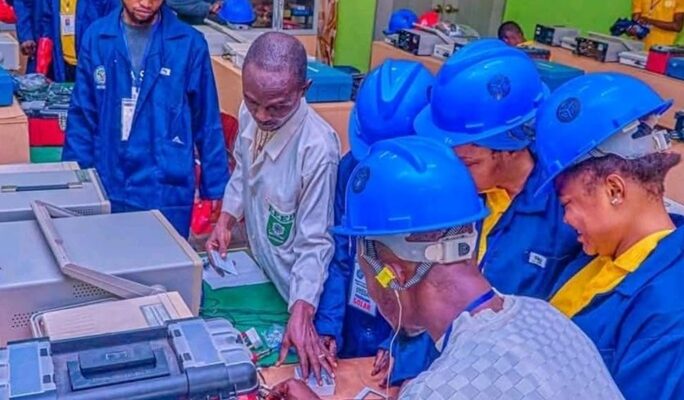The conversation about Artificial Intelligence often ends in fear: robots will take our jobs. True, AI is advancing fast, and it will certainly sweep away many white-collar roles — from clerical desks to corporate offices. But let’s be clear: AI cannot fix your leaking pipe, weld a broken gate, service your car, or paint your home. The electrician, the welder, the mechanic, the pipe fitter, the plumber, and the painter will remain indispensable.
When Aliko Dangote was building his refinery — the largest in Africa — he had to import thousands of skilled workers from India, Pakistan, and China because Nigeria lacked enough certified welders, pipe fitters, and technicians. The oil and gas sector, construction industry, and even housing projects across the country still face this skills deficit. These are jobs that AI cannot replace but require human hands trained through Technical and Vocational Education and Training (TVET).
The lesson is clear: while AI is coming for the office jobs, the trades and technical skills will define the future of work. If Nigeria wants to shield its youth from AI-driven unemployment and stop outsourcing opportunities to foreigners, then it must invest heavily in TVET.
Government must prioritize skills development as a national emergency, industries must partner with polytechnics and technical colleges to train the workforce they need, and parents must begin to see skills as valuable as degrees. The future belongs not just to certificates, but to competence. Nigeria’s survival in the age of AI depends on how well we invest in the skills of our young people today.
– Moses Emani Salami writes from Kogi state.




